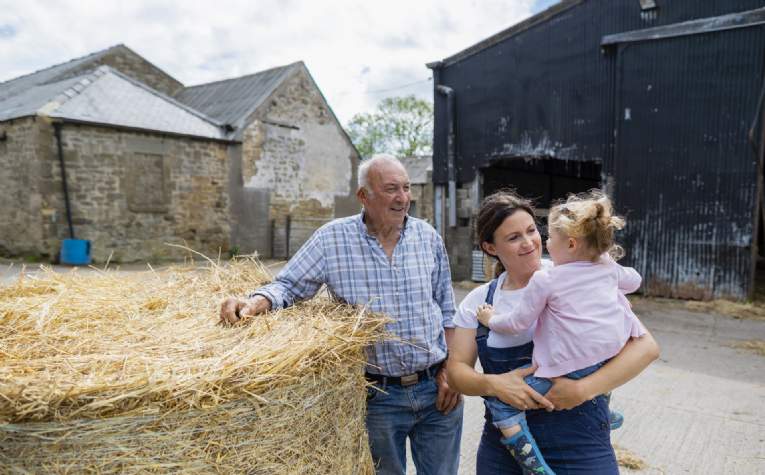The Balfour test was developed as a result of a 2010 court case that challenged HMRC on which parts of a diversified estate’s business were eligible for business property relief (BPR), a useful consideration against Inheritance Tax.
The test is the set of criteria against which an estate’s eligibility for BPR may be assessed. By gauging various elements of the business, including turnover, profitability, capital values and the time spent on various activities, it checks that the business is a predominantly trading concern. Simply put, trading businesses are eligible for BPR while investment concerns are not.
There are three broad criteria for the test:
- The business must have been owned by the deceased for at least two years.
- It must be a single composite business, with the multiple components (for example in-hand farming, exploitation of woodlands, the management of let property and sporting, leisure and tourism activities) managed as part of a single commercial entity.
- It must be predominantly a trading business, carried on for income generation.
If those three criteria are met, any elements that do not qualify for Agricultural Property Relief (APR) will be able to qualify for BPR.
It is vitally important for landowners and farmers to understand where the business sits on the spectrum of trading versus non-trading (or investment). Put another way, marginal profits could be seen to show that the business is not operated for gain and is therefore ineligible for BPR. But if it diversifies to make up for dwindling profits, its traded components could become overshadowed by its investment profile, losing BPR eligibility altogether.
To avoid doubt about whether or not an activity is trading and not an investment it is worth supporting the activity with additional services. For example, consider offering B&B (trading) instead of holiday lets (investment) or full livery instead of DIY livery.
A business must trade for real so be rigorous about recording all relevant data to test your own perception of the business against reality. With changing markets and values the ability to stay within the Balfour test will change meaning owners must be on the front foot to take measures necessary to remain a predominantly trading business.
Further information
Read more: 'In plain English': property jargon explained by the experts
.jpg)
.jpg)
.jpg)
.jpg)
.jpg)

.jpg)


.jpg)
.jpg)